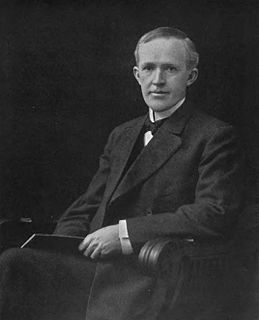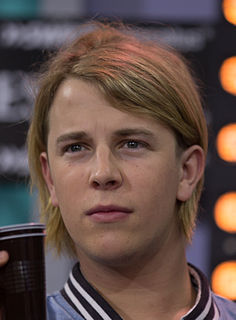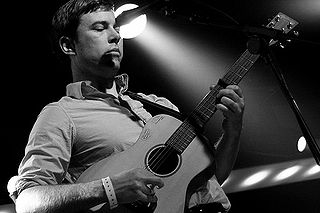Цитата Паттиэнн Роджерс
Моя цель при написании прозы — писать как можно яснее. Мне кажется, я знаю, о чем говорю прозой, и хочу, чтобы другие поняли это и смогли переформулировать.
Связанные цитаты
Писать для взрослых и писать для молодежи на самом деле не так уж и отличаются. Как репортер, я всегда старался писать как можно яснее и проще. Я люблю чистое, неприукрашенное письмо. Так что писать для более молодой аудитории было в значительной степени упражнением в том, чтобы сделать мою прозу еще более ясной и прямой и избежать сложных отступлений.
В средней школе в 1956 году, в возрасте шестнадцати лет, нас не учили «творческому письму». Нас учили литературе и грамматике. Так что никто никогда не говорил мне, что я не могу писать и прозу, и стихи, и я начал писать все то, что пишу до сих пор: стихи, художественную прозу — на публикацию которой у меня ушло больше времени — и научно-популярную прозу.
Поэзия косвенно намекает на вещи. Поэзия женственна. Проза мужская. Проза, сама структура ее логична; поэзия в основе своей нелогична. Проза должна быть четкой; поэзия должна быть расплывчатой — в этом ее красота, ее качество. Проза просто говорит то, что говорит; поэзия говорит о многом. Проза нужна в повседневном мире, на рынке. Но всякий раз, когда нужно сказать что-то сердечное, прозы всегда оказывается недостаточно — приходится прибегать к поэзии.




































